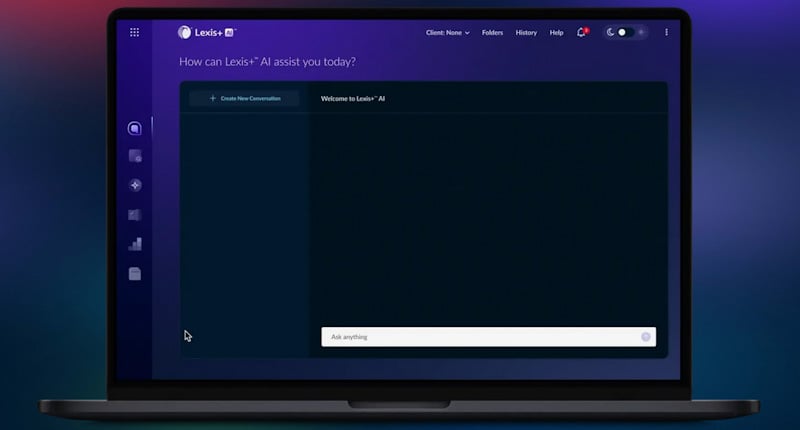2nd Circuit Nixes Confusing Disclaimer Required of NY Attorneys Advertising Specialist Certification
A New York personal injury lawyer appearing pro se has notched a victory in a battle against the state attorney grievance committee, persuading a federal appeals court that an advertising ethics rule upheld by lower court rulings is vague and unduly restrictive.
J. Michael Hayes of Buffalo had repeatedly been contacted by attorney ethics authorities over his advertising of his specialist certification by the National Board of Trial Advocacy, according to the New York Law Journal (reg. req.).
First, he was told in 1996 his letterhead and phone ad language wasn’t specific enough, and revised accordingly. Then, in 1999, he was told the disclaimer he included on billboard advertising wasn’t in large enough type, even though he said it was bigger than what was required for cigarette advertising. Finally, when contacted again in 2000 about another billboard and a lack of a disclaimer about a statement on his letterhead that he was board-certified, without explaining further, Hayes sued.
While the state was within its rights to require lawyers to tell consumers the certifying agency is not government-agency-affiliated, another portion of the disclaimer stating that certification isn’t required to practice law is “more questionable,” the 2nd U.S. Circuit Court of Appeals said in its written opinion.
And another portion saying that certification “does not necessarily indicate greater competence than other attorneys experienced in the field of law” is downright confusing, potentially misleading consumers into thinking that lawyers like Hayes certified as trial specialists are not more qualified than many fellow attorneys—when in fact they are, the article continues.
The panel also focused on the grievance committee’s complaint that the 6-inch-type disclaimer in Hayes’ billboard advertising wasn’t in large enough, noting in its opinion (PDF) today that “our concern is only exacerbated by the inability of the committee’s representatives to clarify the content of the rule. “A former principal counsel to the committee acknowledged that his successor would likely apply a different standard of ‘what constitutes prominently made,’ ” the opinion continues. “He also testified that he did not think ‘there’s an obligation to set forth an objective standard’ as to how long the disclaimer would be displayed in a television commercial, and as to whether his successor would use the same objective standard he used, answered, ‘I doubt it. It’s a different person.’ He also said he could not tell if the disclaimer was prominently made on a billboard or a TV commercial unless he had seen them. With respect to the size of lettering of the disclaimer on a Hayes billboard, the attorney for the grievance committee at one time indicated that letters must be 6 inches in height, but the committee apparently accepted 4-inch letters.”
Concluding that Rule 7.4 of the New York Rules of Professional Conduct, as it concerns attorney advertising of lawyer specializations, either overreaches or leaves lawyers uncertain as to how it should be applied, the appellate panel said that it could not be applied again against Hayes without prior explanation of what exactly he needs to do to comply.
Additional and related coverage:
ABAJournal.com: “SCOTUS Gives Nod to 2nd Circuit OK of ‘Heavy Hitters’ Law Firm Slogan & Descriptive Trade Names”
Reuters: “2nd Circuit strikes down NY limits on lawyer advertising”



